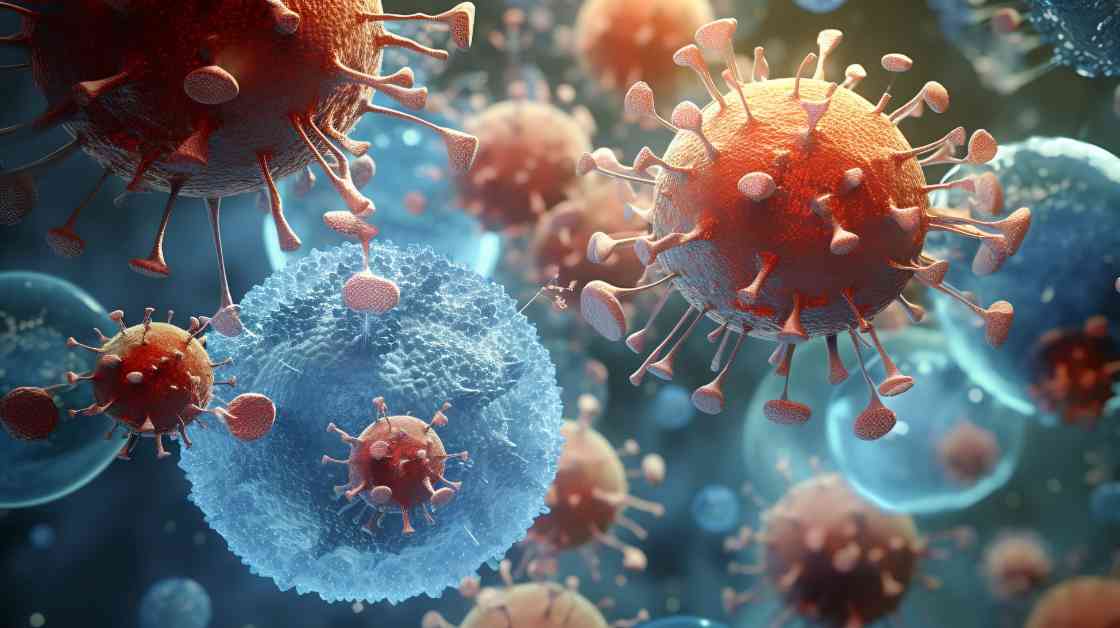A study has finally revealed why some people seem to be immune to SARS-CoV-2, even without vaccination. These individuals have a specific immune response located in the nasopharyngeal mucosa that prevents the virus from spreading and causing a prolonged infection. These findings could lead to new therapeutic strategies not only against COVID-19 but also for other epidemic-prone infections.
Symptoms of SARS-CoV-2 infection are caused by acute immune disruptions triggered by its spread in the body. Studies have shown that alterations in type 1 interferon responses (a protein that regulates the immune system) and an overactivation of T and B lymphocytes are linked to potentially fatal outcomes.
However, the immune reactions associated with SARS-CoV-2 infection are still largely not understood. This is partly due to the fact that responses to infections are highly heterogeneous due to various factors, including viral load, strain or variant, time since infection, underlying pathologies, etc.
On the other hand, the exact timing of a patient’s first exposure to SARS-CoV-2 is almost always impossible to determine. This makes it difficult to precisely delineate the temporal responses associated with virus infection, hindering the development of appropriate treatments.
To address these gaps, an international team led by the Imperial College of London conducted an experiment infecting healthy volunteers with SARS-CoV-2 to explore immediate immune responses post-infection. This allowed researchers to observe immune responses when encountering a new pathogen in adults without COVID-19 history.
During the experiment, researchers found specific immune response sequences never seen before. Some volunteers tested positive for SARS-CoV-2 for more than two days with symptoms, showing a rapid immune response in the blood but a slower response in the nasal mucosa.
In contrast, some participants tested positive initially but remained asymptomatic. Others consistently tested negative despite exposure and showed no symptoms. Analysis revealed that those who remained asymptomatic had a higher interferon response in the nasopharynx, preventing deeper and prolonged infection.
These unique responses are linked to the activation of a gene called HLA-DQA2, helping prevent prolonged infections. These individuals also showed different responses in T cells and macrophages, indicating the potential for targeted T-cell therapies for COVID and other infectious diseases.
The study, detailed in the journal Nature, could impact the development of next-generation interventions against SARS-CoV-2 and other future epidemics and pandemics. However, it only focuses on the original strain of SARS-CoV-2 and not the new variants, which may affect the generalizability of the results outside a controlled trial. Nonetheless, these findings offer a better understanding of immune responses and may lead to new therapeutic or vaccine strategies in the future.




















